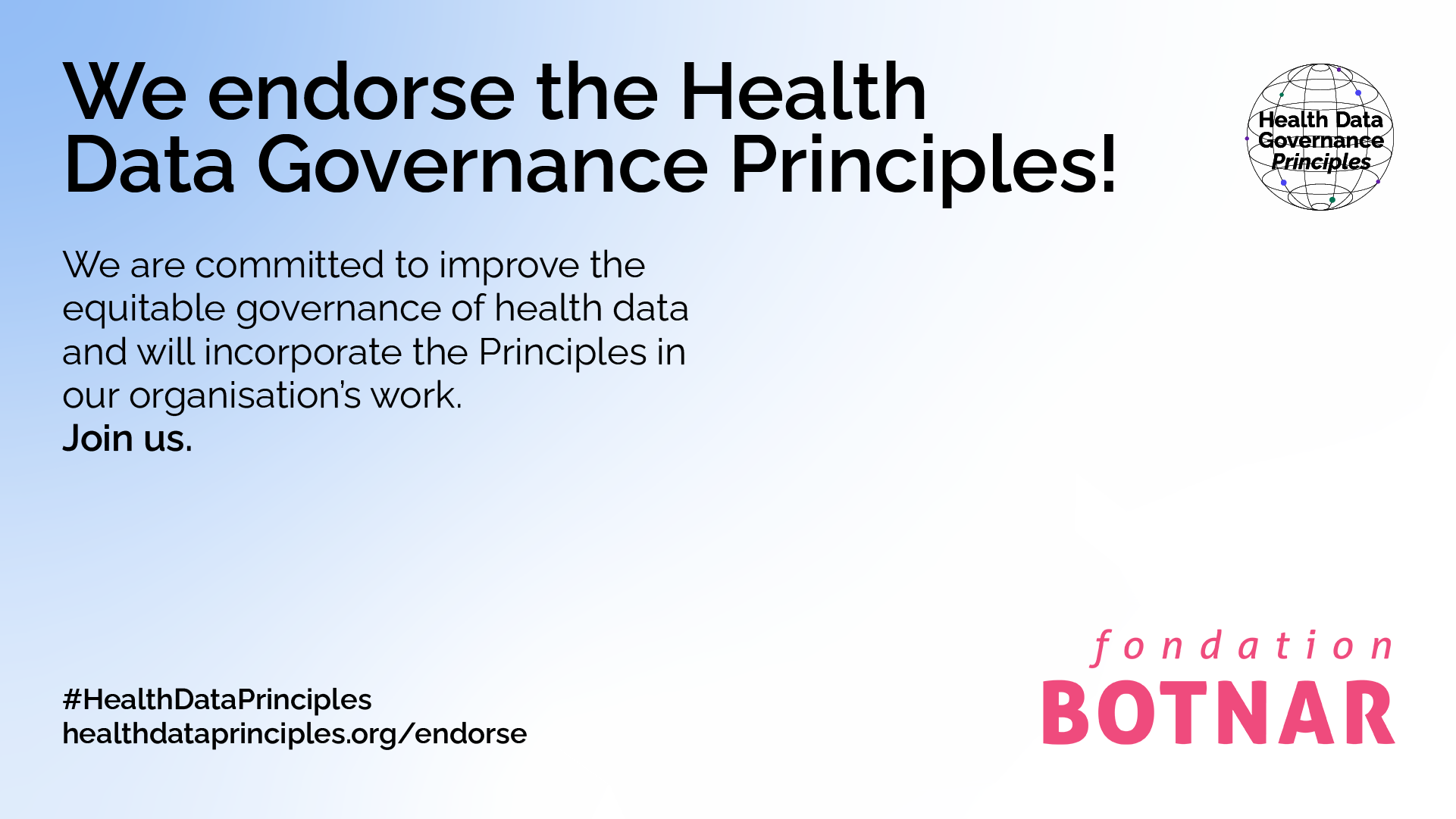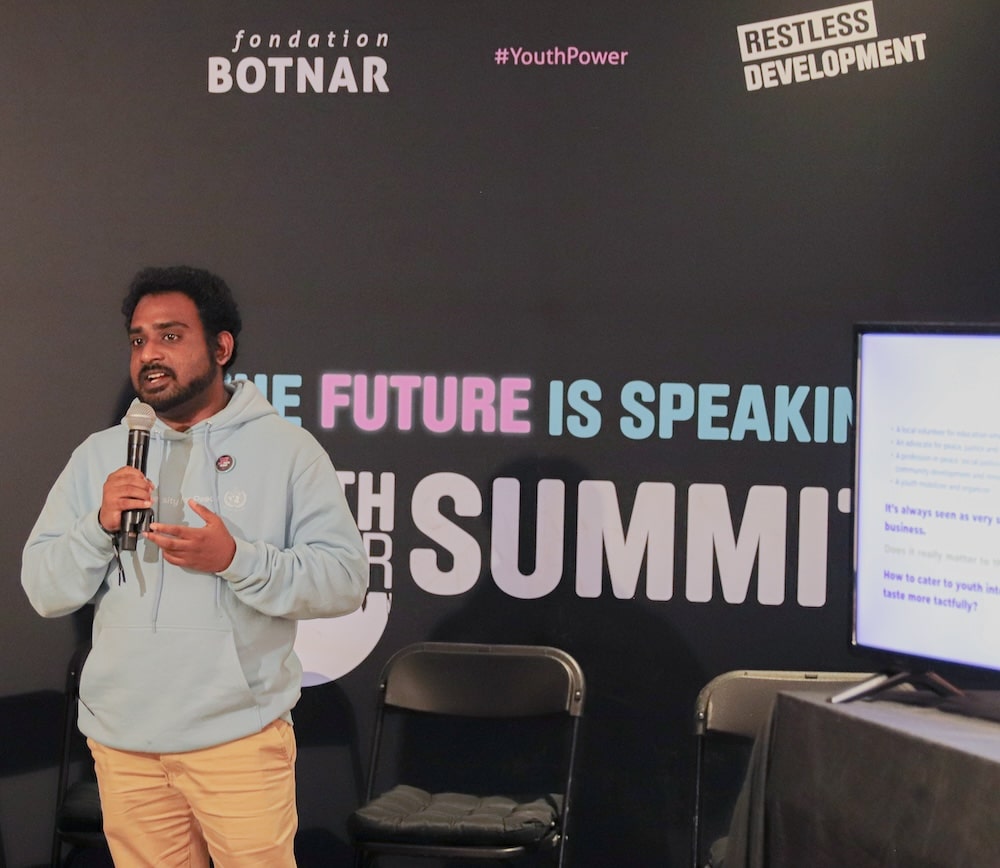Digital technologies and AI continue to emerge as potentially transformative forces with the potential to address current challenges in healthcare delivery, health services and public health. It has been argued that we will be able to make progress towards the realisation of the health-related Sustainable Development Goals only by leveraging the full potential of modern technologies for diagnostics, treatment, healthcare management, medical training, health financing, resource management and much more. Given that an estimated half of the world’s population is still without access to primary health care, such progress is urgently needed.
At the same time, we know that technologies by themselves are no force of good. Without proper regulation, oversight and governance, digital technologies and AI can seriously compromise human rights – from the right to privacy and informational self-determination to non-discrimination and many more. Importantly, though, governance efforts are also needed to ensure that people can share the benefits of technological progress: not having access to digital health tools can equally impede one’s ability to enjoy the right to health fully.
The recently launched report by The Lancet and Financial Times Commission on “Governing Health Futures 2030” stated that the “massive challenges and opportunities posed by digital transformations of health and health care constitute a powerful call for governance at multiple scales” (p.2). The Commission emphasised the need for health data governance mechanisms “with the aim of simultaneously protecting individual rights, promoting the public good potential of such data, and building a culture of data justice and equity”.
Against this backdrop, Transform Health, a global coalition working on achieving Universal Health Coverage through the use of digital technology and data is now taking this call to action one step forward by presenting a comprehensive set of Health Data Governance Principles (HDGP), the first global set of principles to guide the use of data in health systems. The eight principles were developed in an inclusive, civil society-driven, global consultation process involving more than 200 contributors from over 130 organisations through global and regional workshops, followed by an open public consultation. The process was designed to gather perspectives and expertise and ensure meaningful engagement of diverse stakeholders from across geographies and sectors, including young people.
While the principles speak to and build on existing norms, one of their key distinguishing features is that they bring a strong human rights and equity lens to the use of data within and across health systems. They thereby focus on universalising the benefits of health digitalisation, which is reflected in three core objectives:
- Protect people: Health data governance must protect individuals, groups and communities against harm and violations at every stage of the data lifecycle.
- Promote health value: Health data governance must maximise the value obtained from the use and analysis of data to improve health outcomes for both individuals and society
- Prioritize equity: Equity must be inherent to health data governance—ensuring equitable representation in data of all individuals, groups and communities, regardless of social or economic characteristics, as well as equitable access to data-generated health value.
In contrast to individualistic approaches to data governance, these principles seek to enact a solidarity-based approach that maximises the value of health data for all. The provisions, therefore, balance both individual and collective perspectives within each of the three objectives.
For digital technology to fully contribute to positive health impacts, we must address and overcome underlying conditions of inequality and injustice. We must prevent digital technology from being used to extract data for unethical commercial or surveillance purposes, it discriminating against minorities or vulnerable people in insurance schemes, or stigmatising vulnerable groups. At the same time, we need to close existing “data gaps” that disproportionately impact marginalised people, including those of low economic status who do not have access to health care or communities where health data is not routinely collected. It is this shared vision of norms-driven equitable health data governance that lies at the heart of the Health Data Governance Principles.
When applied responsibly, AI and digital innovation have the potential to create important, long-lasting improvements to the lives of countless people around the world. This is why I believe that the principles are an important step towards this future, as they prepare the ground for the development of a legally-binding global framework for health data governance. Therefore, we call upon policymakers and civil-society to work towards the negotiation and subsequent implementation of such a framework. The Principles can be a game-changer to leverage the benefits of digital technologies and data for the global public good and to improve the health and wellbeing of young people in the future in a responsible way.
Join the effort and endorse the Principles here.
Further reading
- Transform Health’s Communications and Advocacy toolkit for more resources and information
- Download the Health Data Governance Principles
- Download the Transform Health Press Release: Maximising the Value of Health Data for Public Good: The Health Data Governance Principles
- To endorse the Health Data Governance Principles, complete this online form. To complete the form you will need to sign and upload the Endorsement Statement (signed by an Executive or senior-level leader in the organisation) and upload your organisation’s logo. You can also find here a pdf version of the Endorsement form. However, please complete the online form to complete your endorsement.














































